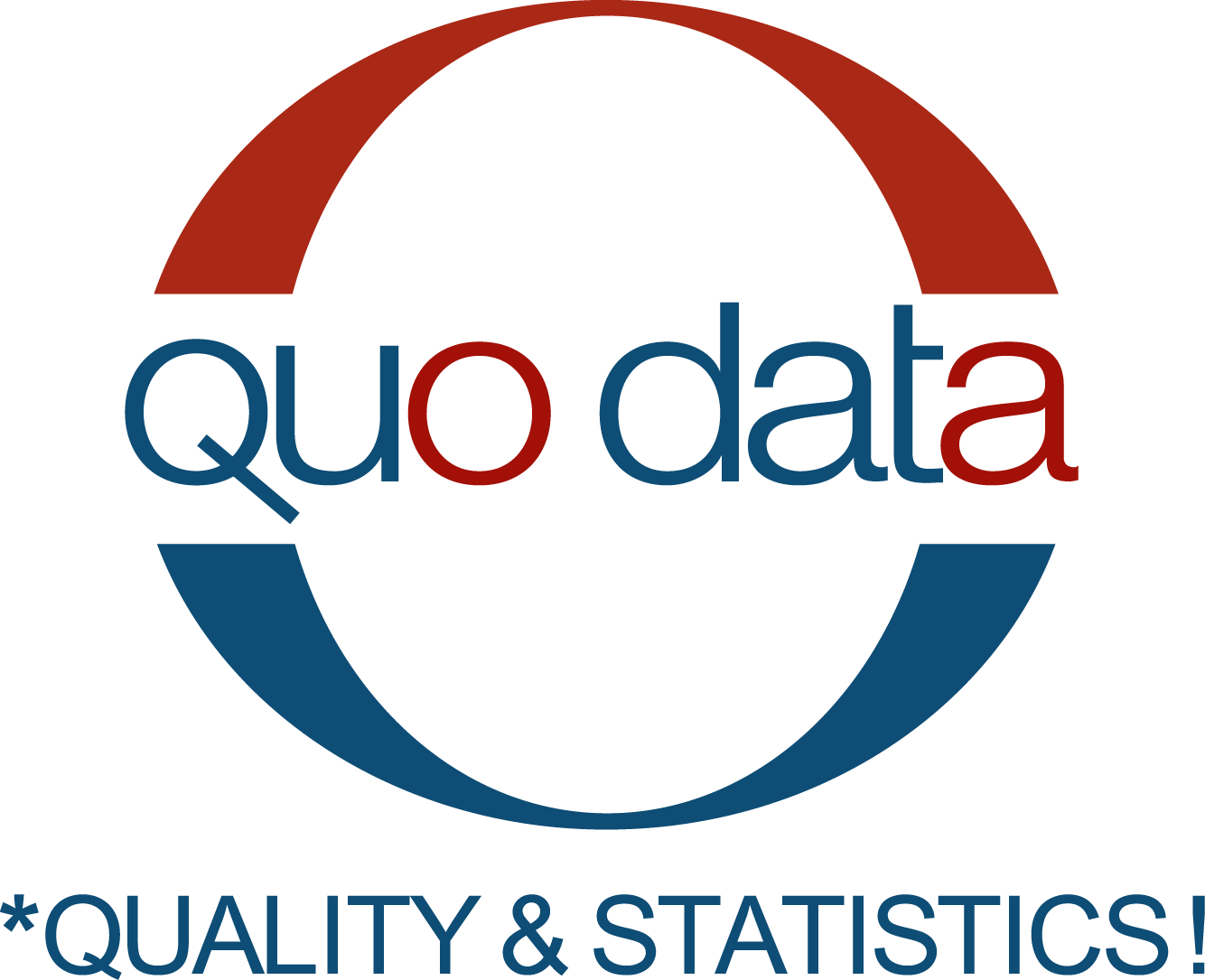news
Drupal Developer Visits QuoData: Commitment to Open Source Software
Drupal Global Contribution Weekend took place in Dresden from 25 to 27 January 2019. It was a great pleasure for the entire QuoData team to host Drupal developers from across Germany for this event, which took place simultaneously at 23 locations worldwide.
Over the weekend, 13 developers came together to learn from each other and to enhance the existing Drupal framework, which is used for many QuoData web applications.
Strengthen your knowledge and gain know-how about method validation with the experts of QuoData
Quality assurance officers and scientist that want to broaden their knowledge of method validation and want to exchange with experts should consider joining QuoData’s upcoming InterVAL workshop.
Workshop on Qualitative Microbiological Method Validation and Statistics received well
Neu: Workshopreihe von QuoData und U.S. Food and Drug Administration zum Thema Methodenvalidierung
Introducing a joint workshop series with US FDA: attend workshop on validation of qualitative microbiological methods
The need for method validation in terms of experimental design, data analysis, performance evaluation and competence determination is increasing with the growing number of available methods for qualitative analyses.
To train microbiologists, food safety professionals and scientists in testing laboratories, industrial and research institutions, and regulatory agencies, QuoData along with the US Food and Drug Administration (FDA), and Institute for Food Safety and Health (IIT Chicago); have developed a three-day course on validation of qualitative microbiological methods.
QuoData workshop on interlaboratory studies
If you would like to deepen your knowledge in the field of analytical quality assurance, you can do so at QuoData’s upcoming workshop on interlaboratory studies:
Workshop for the evaluation of proficiency tests and method validation studies with PROLab
QuoData presents research results at AOAC, BERM-15 and FachPack
QuoData regularly attends events of the scientific community all over the world to present novel approaches for analytical quality assurance and establish further contacts.
132nd AOAC Annual Meeting & Exposition: 26 - 29 August 2018
At this meeting in Toronto, Canada, leading scientists met to discuss a variety of analytical requirements and new standards in the field of quality assurance. The CEOs of QuoData were also present.
QuoData is the leading coordinator of the standardization process of the method A-YES
The standardization process of A-YES (ISO 19040-2 "Water quality - Determination of the estrogenic potential of water and waste water - Part 2: Yeast Estrogen Screen (A-YES, Arxula adeninivorans))" has been completed.
For this reason the A-YES test procedure is a valid ISO standard for measuring the estrogenic potential of water and it is commercially available in various A-YES® test kit versions at new_diagnostics.
Treffen Sie die QuoData Data Scientists beim AOAC Meeting und der BERM-15
In August and September QuoData will participate in two events.
There QuoData's Data Scientists will present new solutions for analytical quality assurance, in particular for interlaboratory tests and method validation studies, which are based on tailored mathematical-statistical approaches and powerful web tools.
Workshop for the evaluation of proficiency tests and method validation studies with PROLab
Fourteen participants deepened their understanding of interlaboratory studies during the workshop from 13 - 15 June 2018 held in Dresden.

